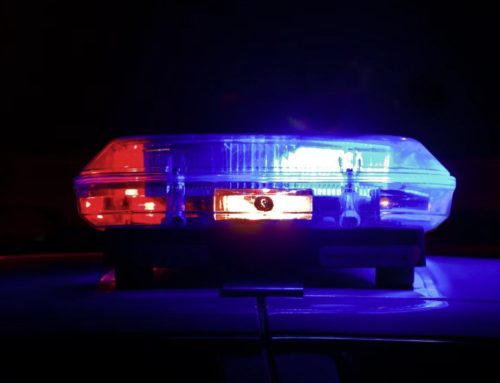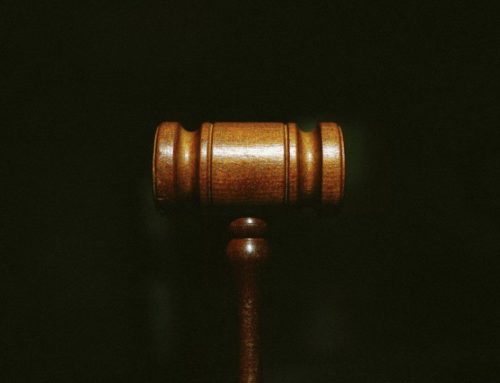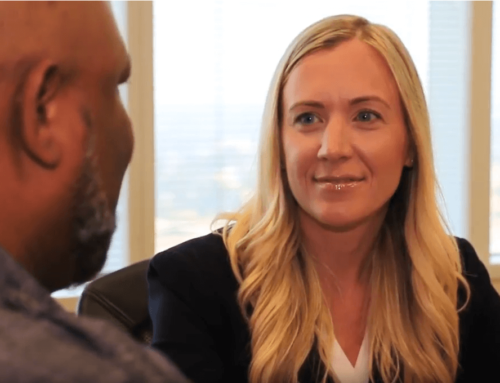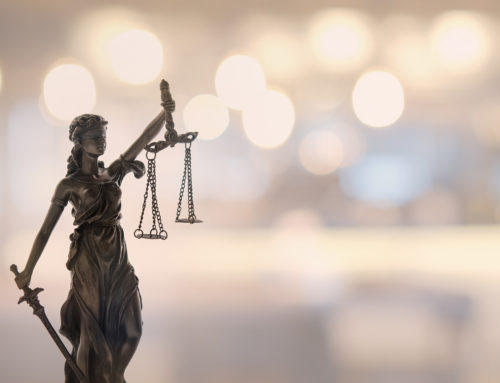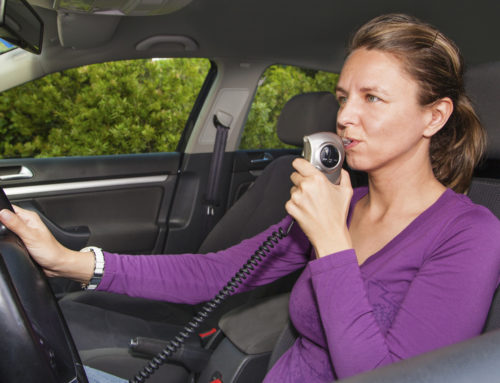California DUI checkpoints have stringent guidelines that they are required to adhere to set forth by the California Supreme Court in Igersoll vs. Palmer. If the police do not follow the guidelines set forth in Ingersoll vs. Palmer, the checkpoint is deemed unlawful. In other words, any evidence gathered prior to your DUI arrest at an unlawful checkpoint could be found not admissible in Court and at the DMV hearing.
The California Supreme Court outlined eight factors to minimize the intrusiveness on the individual while maintaining the needs of society to keep drunk drivers off the road. First, the supervisor officers must decide on the establishment and location of the sobriety checkpoint. This reduces the potential for arbitrary enforcement. The next factor the police must follow is there must be a neutral mathematical formula used to determine who is stopped. For instance, the officers will always stop every driver, or every other driver, or every fifth driver, etc. This takes away each individual officer’s discretion to profile those who they want to stop without any legitimate grounds to do so.
The police must also maintain safety for motorists and officers by minimizing potential risks of danger to both individuals. This includes the use of warning signs and signals, proper lighting and clearly identifiable official vehicles and personnel at the scene. The checkpoint should also only be performed when traffic in that area allows the operation to be done safely. DUI checkpoints must also be highly visible to drivers so that drivers can easily understand the nature of the roadblock. This is not only important for safety reasons but also a warning in advance reassures motorists that the stop is duly authorized.
The locations of DUI roadblocks are also under regulation. This means that the supervisory officer must choose a location that will be most effective in actually finding drunk drivers. Examples would include a road where there is a high incidence of alcohol-related accidents or an area where there has been a high number of DUI arrests in the past. Another important factor of DUI checkpoints is the time of day they are operated and the duration they last. Police officers are expected to effectively select the length of operation and times in order to keep the safety of the motorists in mind.
Police conducting sobriety checkpoints should detain each motorist only long enough for the officer to question the driver briefly and to look for signs of intoxication including alcohol on the breath, bloodshot eyes or slurred speech. If the driver does not show any symptoms of intoxication, the driver should be permitted to drive on without further delay. If the officer does observe signs of impairment, the driver may be directed to a separate area for field sobriety tests to be conducted. At that point in the checkpoint, the further investigation must be based on probable cause, and general policies of detention and arrest would still apply.
The police must also provide advance notice of the roadblock to the public in order to conduct a lawful sobriety checkpoint; however, they are not required to disclose the specific location. This publicity both increases the preventive effect of the roadblock and reduces the intrusiveness of the stop. The idea is that advance notice limits intrusion on the drivers’ security and dignity because those stopped would anticipate and understand what was occurring while also establishing the legitimacy of these roadblocks.
The Supreme Court did maintain that drivers who choose to avoid a roadblock may not be stopped merely on the basis that they attempted to avoid the DUI checkpoint. It was also stated that if this motorist subsequently commits a violation of the California Vehicle Code then at that point there would be enough probable cause to pull over the motorist.
Although the decision in Ingersoll vs. Palmer legitimized California DUI checkpoints, it did so while enforcing strict policies and guidelines the police must operate these checkpoints under. If the police choose not to follow the guidelines outlined by the California Supreme Court, then the evidence gained as a result of the checkpoint may be suppressed as it was obtained through a violation of the individual’s Fourth Amendment right. Furthermore, if the checkpoint did not meet the guidelines established in Ingersoll, any resulting arrest may be determined unlawful.
An experienced DUI defense attorney can determine whether the DUI checkpoint you were stopped at was lawfully conducted. A skilled DUI defense lawyer will aggressively fight to protect your rights and ensure the best possible outcome on your case. Contact Kellee C. Parker of the Parker Law Center today to ensure your checkpoint arrest was truly lawful, that none of your rights were violated, and that justice is found! (800) 805-8804


